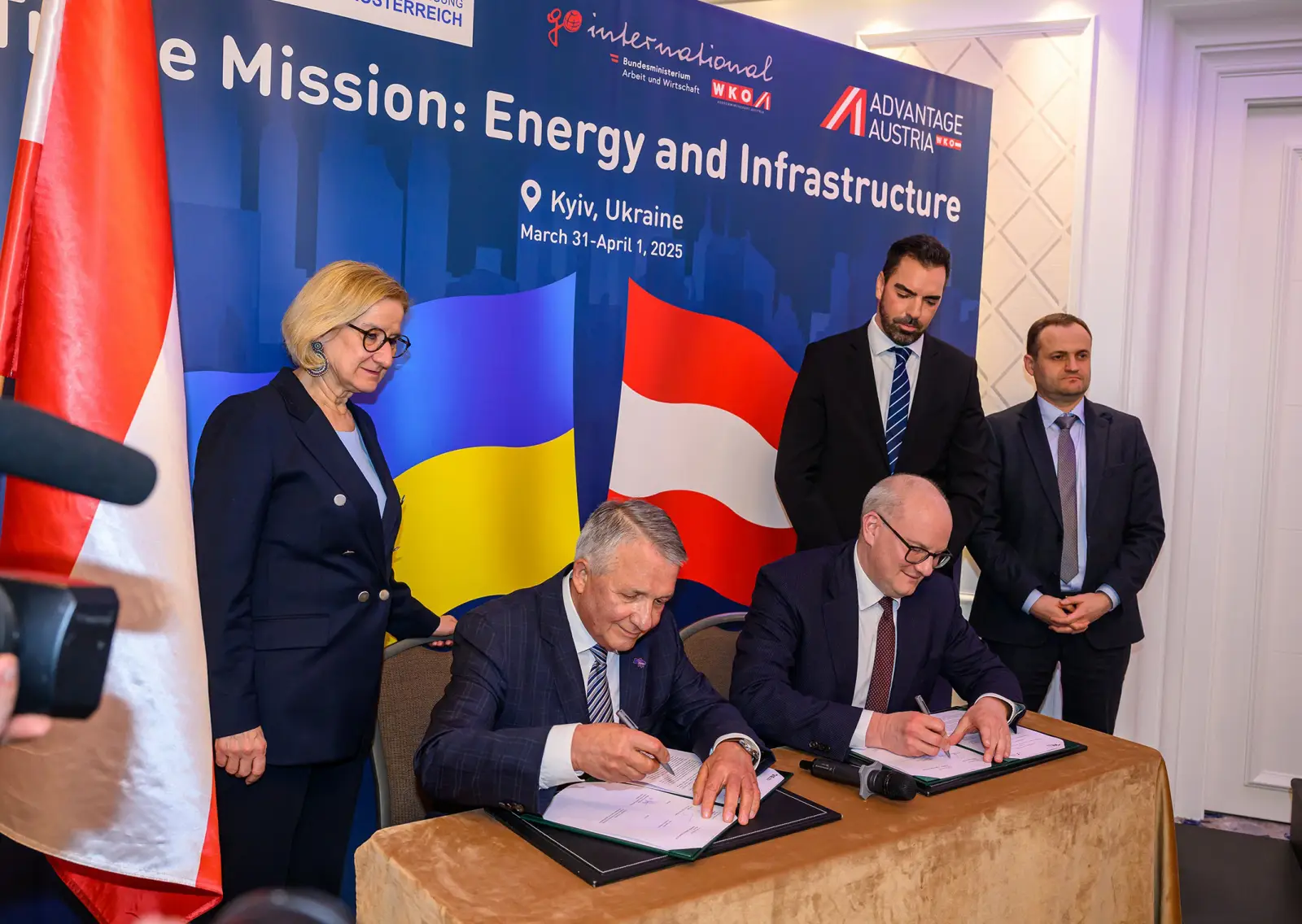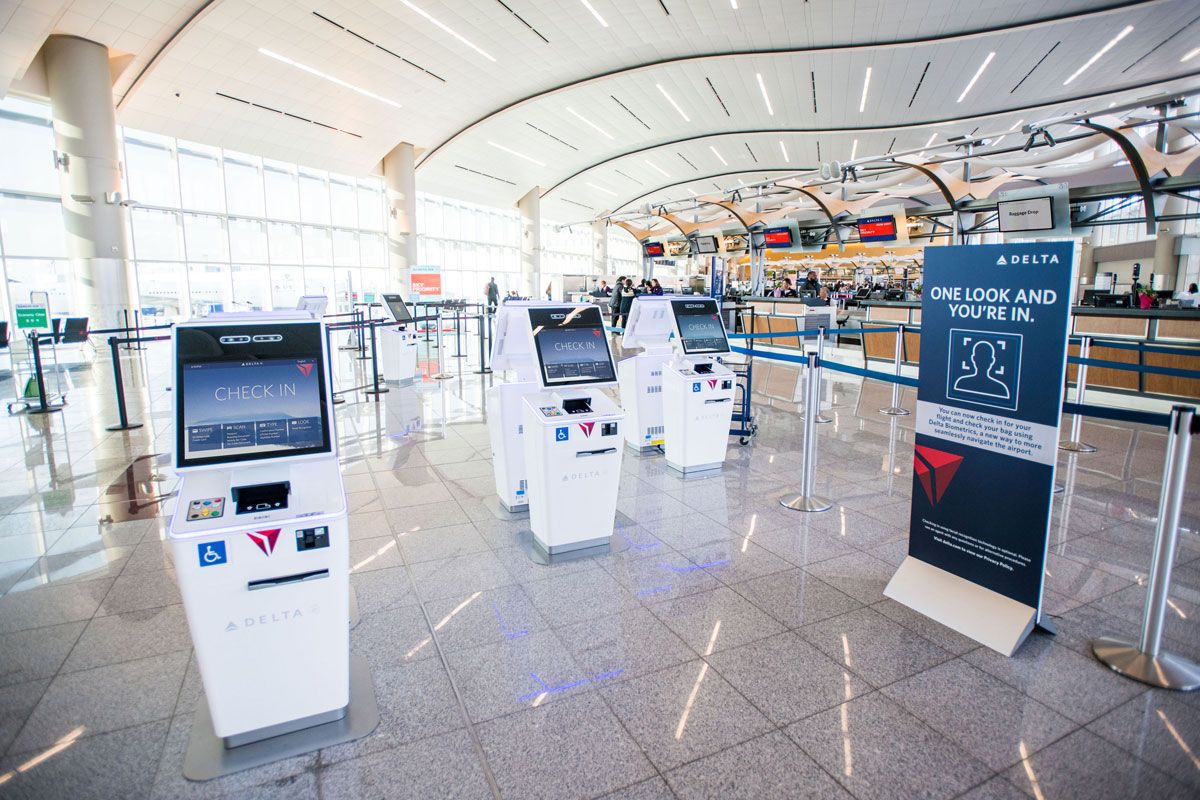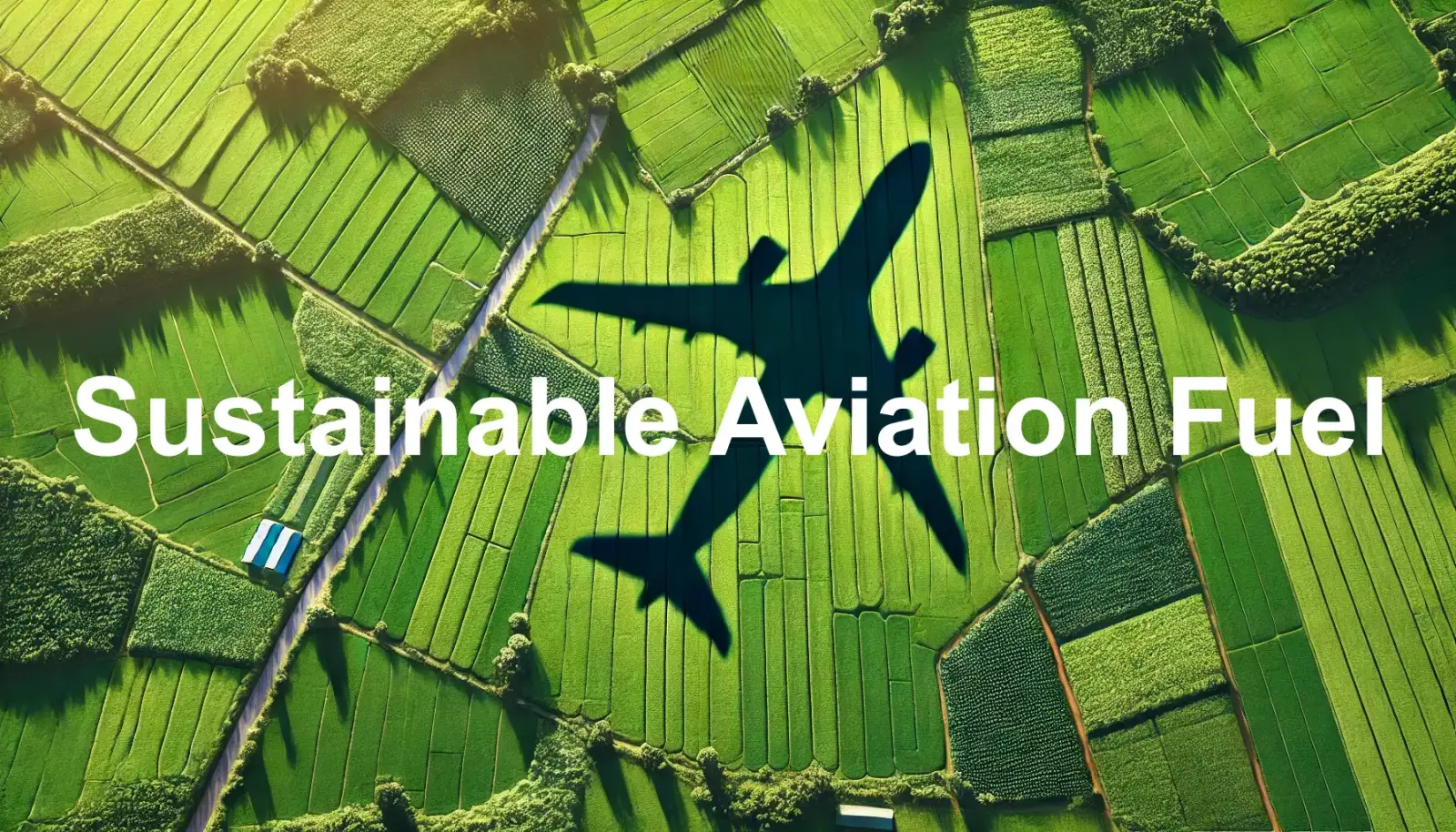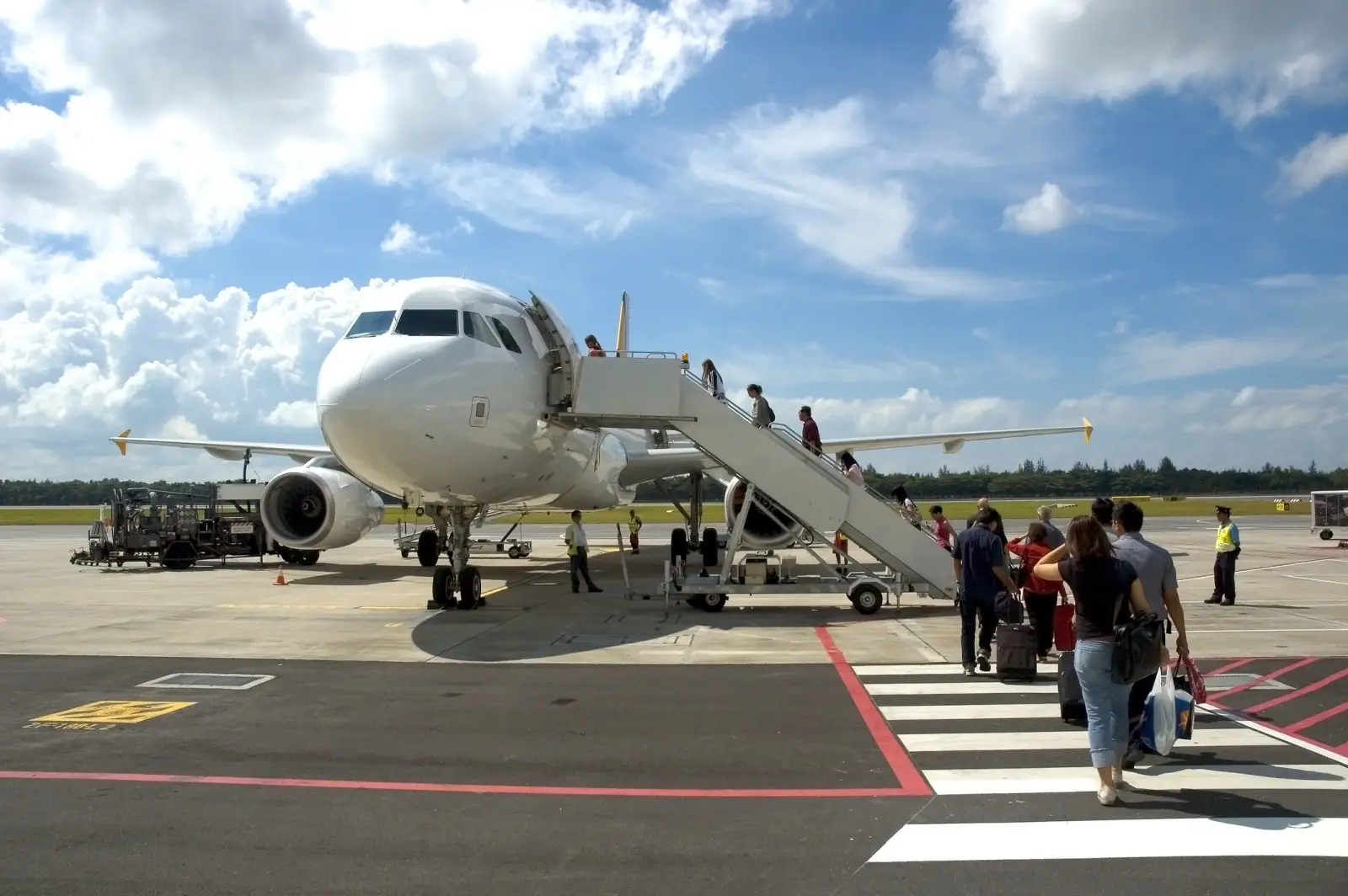IATA SAF Registry goes live globally with a mission to accelerate the aviation industry’s transition toward net-zero emissions by 2050.
The International Air Transport Association (IATA) officially launched the Sustainable Aviation Fuel (SAF) Registry, which is now operational under the management of the Civil Aviation Decarbonization Organization (CADO).
The registry serves as a unified global system that allows airlines, fuel producers, corporate customers, and regulators to record and trace Sustainable Aviation Fuel transactions in a transparent and standardized manner. By connecting various players in the SAF value chain, the registry aims to support the development of a scalable and credible SAF market across the globe.
The system addresses one of the key challenges in aviation decarbonization: limited SAF availability. Currently produced in just a few locations, SAF has been difficult for many airlines to access. The registry bridges this gap by allowing environmental attributes of SAF to be recorded digitally and claimed, regardless of where the fuel is physically used. This gives all airlines equal access to SAF credits and ensures proper accounting for emissions reductions.
Marie Owens Thomsen, IATA’s Senior Vice President Sustainability and Chief Economist, emphasized the registry’s importance: “It ensures that all airlines in the world have access to SAF and that their SAF purchases can be claimed against any climate-related obligations in this domain. The Registry will record the environmental attributes of SAF purchases in an immutable way, safeguarding against double counting.”
The SAF Registry is supported by the IATA SAF Accounting and Reporting Methodology, which provides a harmonized framework for tracking environmental benefits. It is both feedstock and technology neutral, encouraging innovation and diversity in SAF production. It also allows for global harmonization while adapting to region-specific regulations, ensuring compatibility with national and international frameworks.
Over 30 early users are currently onboarding, including airlines, regulatory bodies, travel management firms, and fuel suppliers. By using this centralized platform, these stakeholders can avoid fragmentation in emissions reporting and create a more reliable structure for managing SAF transactions. Corporate customers also benefit by being able to fund and track in-sector emissions reductions as part of their sustainability goals.
The registry will remain free for participants until April 2027, after which it will operate on a cost-recovery basis. This initial free access period is designed to encourage adoption and establish a wide base of users across the industry.
Responsibility for the registry now rests with CADO, a not-for-profit organization founded in March 2025. Based in Montreal and created under Canadian law, CADO was established to maintain and operate the IATA-developed platform. IATA remains involved, providing ongoing technical and operational support to ensure smooth functionality and continued evolution of the registry.
CADO’s membership is open to all stakeholders in the SAF value chain, including fuel producers, airline associations, airport operators, and government agencies. With its neutral governance model and collaborative approach, CADO is expected to play a central role in the long-term development of a transparent and competitive SAF market.
The SAF Registry marks a pivotal advancement in aviation’s sustainability journey. While it is not a silver bullet, it provides the foundation for a global market in which SAF transactions can be verified, credited, and scaled. As the industry works toward climate goals, platforms like this are essential tools that bring structure, trust, and coordination to complex international systems.
As aviation continues to expand its environmental responsibilities, the global launch of the SAF Registry may signal the beginning of a new chapter in how airlines and their partners approach sustainability in the sky.












